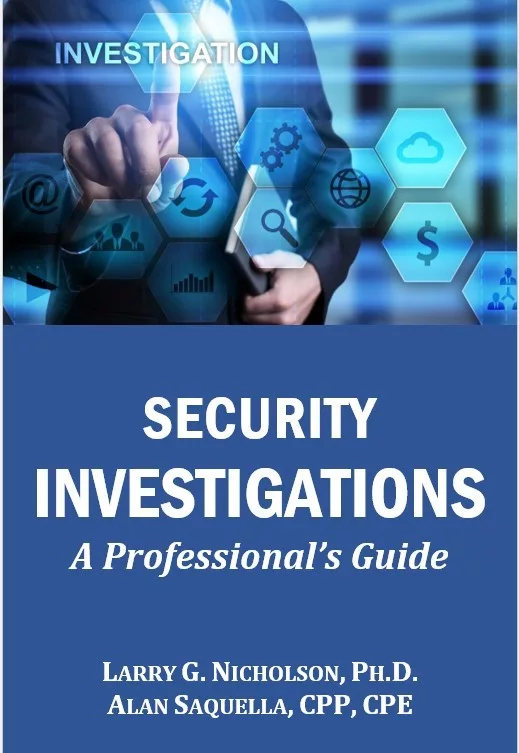Identity Theft: A New Security Challenge


"My elderly parents are victims of credit fraud. We don't know what to do. Someone applied for credit cards in their name and charged nearly $20,000. Two of the card companies have cleared my parents' name, but the third has turned the account over to a collection agency. The agency doesn't believe Mom and Dad didn't authorize the account. What can we do to stop the debt collector?"
"Someone is using my name and Social Security number to open credit card accounts. All the accounts are in collections. I had no idea this was happening until I applied for a mortgage. Because these 'bad' accounts showed up on my credit report, I didn't get the mortgage."
The above are three actual complaints recently received by the Federal Trade Commission (FTC) regarding the fast growing crime of "identity theft."
Starting in the 1990's, a new type of criminal has emerged called identity thieves. Simply put, an identity thief obtains some piece of your personal information (such as your bank and credit card numbers, your Social Security number, and your name and address) and appropriates it, without your knowledge, to commit a crime of fraud or theft.
The FTC has become one of the leading agencies in the battle against identity theft. The FTC's booklet, "ID Theft: When Bad Things Happen To Your Good Name" is the definitive document on the subject of identify theft and its prevention. The information contained in this booklet, briefly summarized below, holds the keys for security professionals to understand this new type of crime.
First of all, how do the identity thieves obtain your personal data?
Actually, they use a variety of methods, both simple and high-tech, to get your vital information. These methods include:
- Stolen wallets and purses that contain your ID and credit cards;
- Stolen mail including your bank and credit card statements;
- By completing a "change of address form" to divert your mail to another location.
- "Dumpster diving" through your garbage;
- By fraudulently obtaining your credit report by posing as a landlord or employer;
- By getting your business or personnel resords at work;
- By finding personal information in your home;
- By using any personal information you share on the Internet; and
- By buying your personal information from "inside" sources.
The exact procedures you should take to protect yourself may vary depending on your circumstances, however these three basic steps are appropriate in almost every case of identity theft:
Like any other type of crime - education, prevention and awareness are the keys to stopping identity theft in its tracks. I urge all my fellow security professionals to join me in this formidable, but critical, challenge.
Looking for a reprint of this article?
From high-res PDFs to custom plaques, order your copy today!








